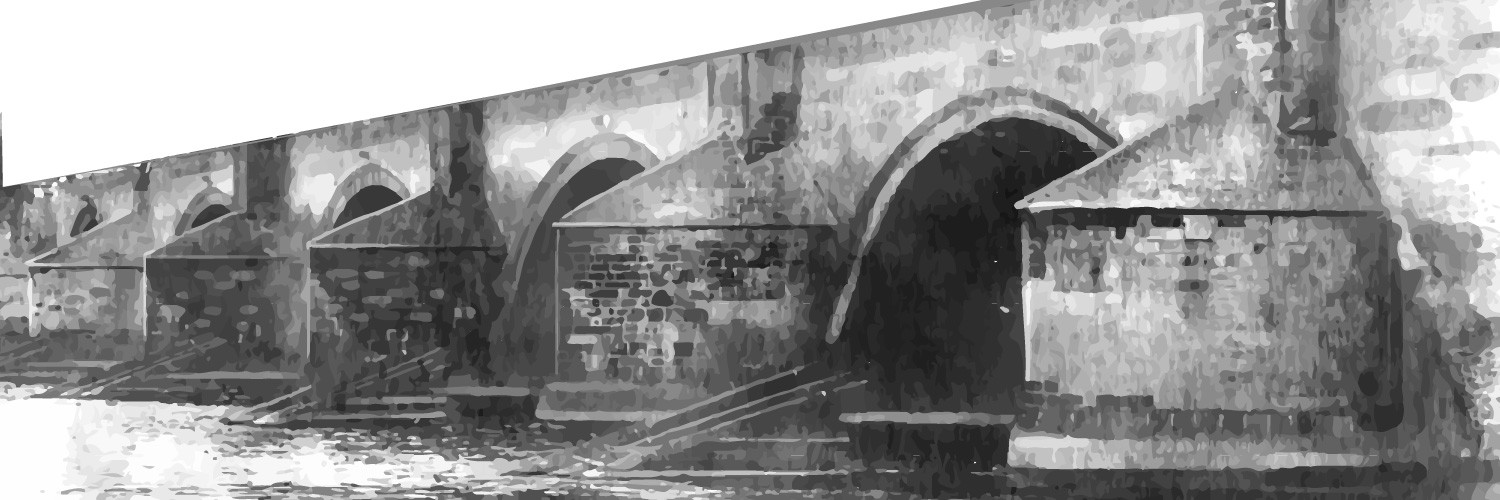"Monday Musings” are designed to get quick, insightful thoughts based around three questions from those interested in strategy, from the most experienced and lauded, to our newest thinkers/writers.
1. Who had the greatest impact on you intellectually (whether through writing, mentorship, etc.)?
Hannah Arendt. While in college, I became fascinated with her writings and personality. Then when I lived in Germany I read Eichmann in Jerusalem: A Report on the Banality of Evil, Rahel Varnhagen: Lebensgeschichte einer deutschen Jüdin aus der Romantik, Vita activa, etc., as well as her essays on European history and American politics.
Arendt was an original and audacious thinker, yet at the same time an eloquent and explicit writer. I think one of the lessons she took by heart after the horrendous experience of the Holocaust was that intellectuals should not hide in their ivory towers but instead, assume a visible, proactive role in the society. Throughout her life in America she did just that, and often found herself in hot water.
2. What book (fiction, history, or academic) do you think best explains strategy?
I am afraid I will be unoriginal and say Carl von Clausewitz’s On War. No one has tried and succeeded in describing war, politics and strategy in such a comprehensive manner, with so much gravitas and layers upon layers of meaning and nuance. Clausewitz worked on On War’s manuscript for over a decade, he constantly wrote and rewrote his ideas, was methodical, and did not yearn for public recognition. This gave Clausewitz incredible freedom of thought—he had certain repugnance against public criticism and this should not surprise us because the Restoration era was not exactly a period when great ideas were welcomed. So, once Clausewitz decided not to seek public approval, he felt liberated.
Of course he knew that whatever befell him, Marie would take care of his lifework, and this is exactly what happened. Clausewitz could write and think without constraints, without even paying lip service to the prevailing attitudes of the era, anticipating future phenomena that he did not quite understand in his own time and conditions. Clausewitz judged the manuscript’s progress only against his own ambitions, and they were infinite.
Every time I read On War I discover a new layer of ideas, sporadically I even question whether I have read before a particular chapter because, suddenly, I find new meanings or interesting details. Of course my scribbles in the margins remind me that I did. Yet Clausewitz’s text is so complex and far-reaching that there is always something new to discover.
3. What do you want your legacy to be?
I deeply dislike how our public discourse has devolved. We describe complex phenomena in the polarized frameworks of “either-or,” “one vs. other,” “good or bad,” “my way or the highway.” It’s not only the wrong narrative but also limits us and misleads our understanding and perceptions of the world.
That said, I equally detest abstruse writing. Describing complex ideas does not require incomprehensible, convoluted sentences. Quite the opposite—eloquent thinking usually results in eloquent writing. I hope people would say about my texts that I have captured the shades of the story and the layers of meaning and did so in an articulate, concise, and vivid fashion.
Vanya Eftimova Bellinger is the author of Marie von Clausewitz. The Woman Behind the Making of On War. Bellinger is the winner of the 2016 Society for Military History Moncado Prize for her article “The Other Clausewitz: Findings from the Newly Discovered Correspondence between Marie and Carl von Clausewitz.”
Have a response or an idea for your own article? Follow the logo below, and you too can contribute to The Bridge:
Enjoy what you just read? Please help spread the word to new readers by sharing it on social media.


